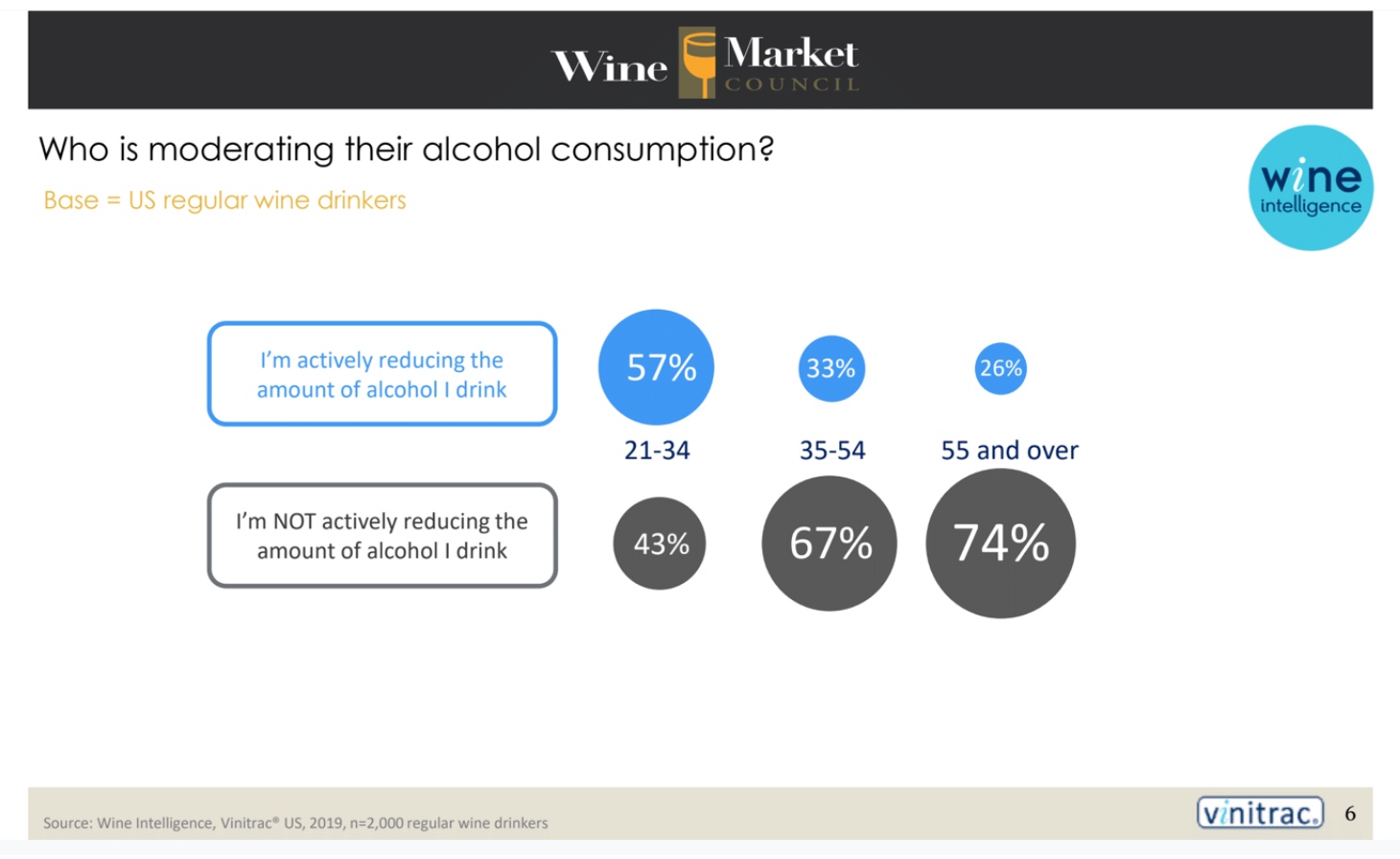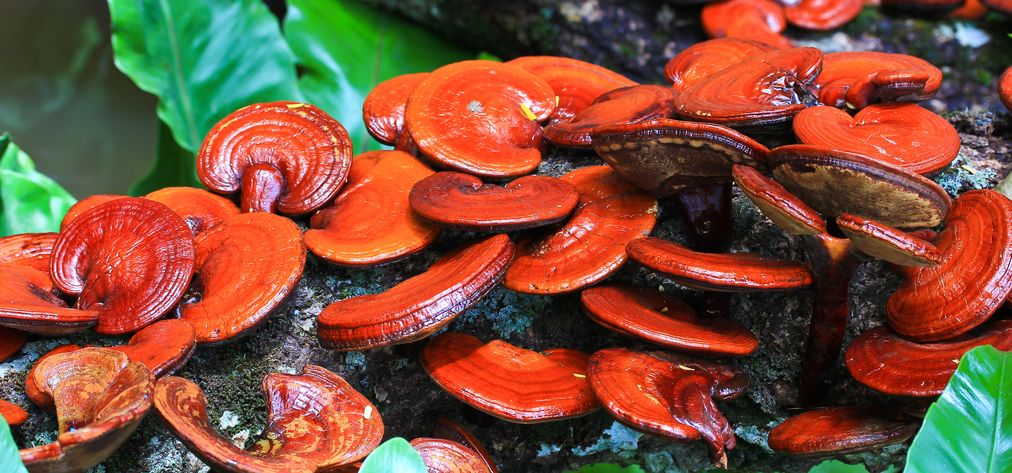Wine and Health: from the French Paradox to Enhanced Wine Products

Are you concerned that wine and health do not pair well anymore?
Back in 1992, when Professors Renaud and De Lorgeril linked wine polyphenols to potential health benefits, moderate consumption of red wine became a trend, especially in the US and Canada. At the time, French people suffered less from cardiovascular diseases; The French Paradox of moderate red wine consumption, along with a Mediterranean diet, was the best approach to a healthy lifestyle.
Fast forward 28 years…
In January 2020, Lulie Halstead, from Wine Intelligence, shared with wine professionals in San Francisco that "about 37% of regular wine drinkers are actively seeking to reduce the amount of alcohol they drink" [1]. This is particularly prevalent within the younger generations, who are health conscious and seek options with lower alcohol content. They switch to craft beer, hard seltzer, and spirits. The laughter seems contradictory, but they may only have one serving per day.

Is reducing alcohol consumption the only path to better health?
Different Options for Balancing Wine and Health
Organic wines
People also turn to organic wines; They believe that organic wines contain less harmful compounds than traditionally made wines. Some studies have shown higher concentrations of antioxidants and resveratrol, the polyphenolic compounds that associated wine and health benefits back in the 1990s [2].
Low-alcohol wines
Other people will choose to consume low alcohol wines. While low-alcohol content beers have been very successful in the market, low-alcohol wines have not been. Consumers reported a lack of flavors and body, two components enhanced with alcohol indeed.
Progress has been made, though, and these wines tend to appeal to younger generations seeking premium brands with unique and authentic tastes [3]. While low alcohol wines do not appeal to all wine drinkers, they become an option for weight management. I recently tasted the WW low-alcohol Rose wine, Cense. The flavor was there, however, short in persistence.
Wines supplemented with healthy ingredients
Another option exists for improving wine and health benefits: adding potent ingredients.
A group of Australian researchers just published a study investigating consumers' appeal for Shiraz wines containing Ganoderma lucidum (GL).
What is GL?
According to Chinese medicine, it is a curative mushroom promoting longevity and prevention of diseases.

Australian study on supplemented wines with GL
The researchers created six Shiraz wine variants, adding GL extracts before fermentation or after fermentation. They also added low (1 g / l) and high concentrations (up to 4g / l) of the mushroom extract.
The questions the researchers wanted to answer were:
- Are Australian consumers interested in the GL mushroom health benefits?
- Are they okay with drinking wines containing GL extract?
- Do the wines with GL have pleasant tastes and flavors?
- What is the optimal dosage of GL extract in wine?
Consumer evaluation
The researchers recruited 124 participants in the market in Adelaide, South Australia. These people were all wine drinkers and in the age of consuming alcohol.
As often in such studies, people tasted the wines, one at a time and in different orders; They responded to several questions, including how much they liked the wines.
Sensory description of the wines
In parallel, a group of 65 untrained tasters evaluated the same wines and described their aroma, taste, mouthfeel, and flavors. It was an easy task; they listed all the sensations they perceived and indicated how intense each sensation was. Researchers used this data to understand what consumers liked or disliked in wine.
Findings
Overall, I was surprised that the average liking scores were low for a Shiraz wine, 6 out of 9.
The majority of consumers preferred the wine without GL extract over the treated wines. But, some consumers appreciated wines with GL, especially the low concentration of 1g / L added pre- or post-fermentation. Untrained tasters described these wines with floral and confectionary notes, red fruits, and smooth mouthfeel. Wines with a high concentration of GL tended to be more bitter, and therefore less acceptable to the majority of consumers. They also had a brown color, dried fruit notes, cooked vegetables, and savory aromas. Many of these flavors are not liked by red wine drinkers, as I reported in a different article .
The researchers did not mention what type of health benefit would deliver 1g / l of GL.
I found that the concept of supplementing wine with health nutrients was novel. Although such products could not be sold as “wine,” they may attract health-conscious consumers. In Australasia markets, wines tend to be valued more for their health attributes than for their tastes and flavors.
A Conclusion on Wine and Health Pairing
There are several excellent options for those seeking wine and health benefits. As for myself, I will continue to practice moderate daily consumption with my dinner.
According to research conducted in Italy, an old wine world country, findings confirmed "the existence of an amazing tie among the moderate intake of wine consumption, well-being, and health." [4]
I can't disagree!
Would you qualify as a health-conscious wine drinker?
Published March 10, 2020
Do you have any comments and thoughts on this topic?
I love reading your comments and suggestions
Submit them
using this link
References:
[1] Consumers Moderate Alcohol Consumption and Embrace New Beverage Options (01.29.2020)
[2] Cheers! Why Choosing Organic Wine Is The Newest Trend You Need To Try (11.19.2019)
[3] Bucher, T.; Deroover, K.; Stockley, C. Low-Alcohol Wine: A Narrative Review on Consumer Perception and Behavior. Beverages 2018, 4, 82.
[4] Fiore, M., Alaimo, L. and Chkhartishvil, N. The amazing bond among wine consumption, health and hedonistic well-being., British Food Journal. 2019. https://doi.org/10.1108/BFJ-05-2019-0344
